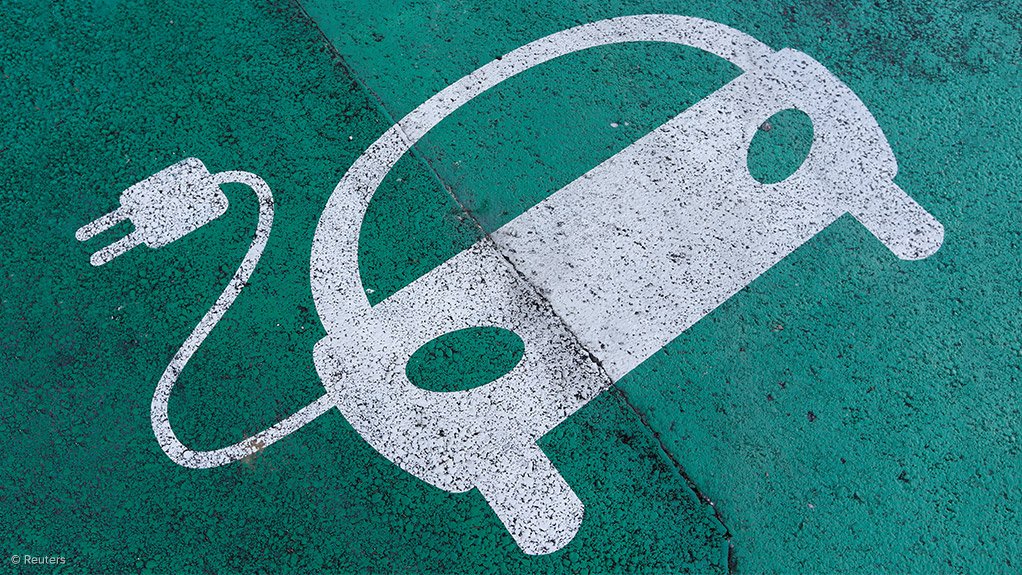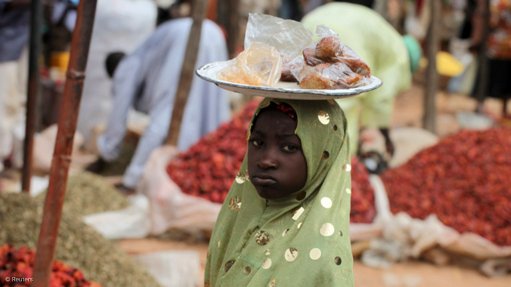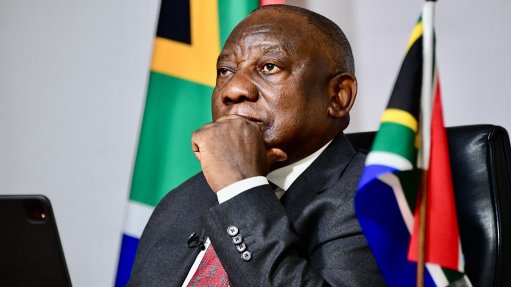Study launched into economic impact of possible EV transition in South Africa
A macroeconomic study into the impact of a possible transition in the South African transport market from internal combustion engine (ICE) vehicles to electric vehicles (EVs) has been launched.
Initially proposed by the Department of Trade and Industry (DTI), the study is backed by the South African National Energy Development Institute, the United Nations Industrial Development Organisation (UNIDO), the World Wide Fund for Nature and the Global Environment Facility.
The research, which is scheduled for completion by August, is being facilitated by Change Pathways, drawing on models and research capacity at the University of Cape Town’s Energy Research Centre, as well as Trade and Industrial Policy Strategies.
Outlining the study’s scope to members of South African National Energy Association (Sanea) this week Change Pathways director Anthony Dale said the study sought to understand the possible economic and social risks and opportunities that a transition to electric mobility could have.
Particular attention would be given to impacts on the country’s trade balance, employment levels in the liquid fuels sector, the implications for electricity prices, transport and energy policy and regulation, as well as on the manufacturing strategies of automotive original equipment manufacturers (OEMs).
A key ambition for the project was also to identify where South Africa might be able to develop a niche in the global EV supply chain.
Dale stressed that the study was not confined to passenger cars and would focus on prospects for an electrification of transport more generally, especially public transport and freight logistics.
The project had been launched against a backdrop of a growing shift internationally towards EVs, with just about all OEMs having already outlined strategies for a transition away from their historical focus on ICE drive trains.
Last year, Bloomberg New Energy Finance released research suggesting that 54% of all new-car sales worldwide by 2040 would be in the form of EVs, which would also make up 33% of all the light-duty vehicles on the road globally.
South Africa was not expected to be immune from the development, with several OEMs already offering EV models domestically and with the industry having approached the DTI to temporarily lower import duties on EVs in order to expand the domestic market. Tariff protection on EVs currently stands at 25%.
The DTI is considering the request, but has indicated that it would only reduce protection in a way that did not negatively affect the country’s potential to play a role in the EV supply chain in future. The department is also likely to want to deploy the prospect of reduced protection as a bargaining chip in bilateral trade negotiations, including where there may be trade disputes in non-related sectors.
Trade and Industry Minister Dr Rob Davies has also indicted previously that government aims to integrate the potential for EV manufacture into the replacement programme for the Automotive Production Development Programme, which expires in 2020.
However, the OEMs have stressed that, in the absence of material domestic demand, a domestic EV manufacturing strategy would not be feasible.
UNIDO energy-efficiency coordinator Conrad Kassier cautioned Sanea delegates that the window of opportunity for positioning South Africa for the opportunities associated with the transition to EVs would not stay open forever.
In fact, given the fast pace of developments elsewhere in the world – particularly in the Europe, where a number of countries have set ambitious targets for phasing out petrol and diesel cars – he argued that the window period would only endure until about 2025.
The South African government, therefore, needed to create the policy certainty required to stimulate demand for EVs and energy-efficient transport more generally. Such policy certainty could be delivered, in part, through the finalisation of South Africa’s Green Transport Strategy.
“UNIDO is hopeful that South African stakeholders will join the community of nations during this window period between now and 2025 to articulate, to approve and to execute an energy and transport transition that is sensitive to the context of South Africa’s current socioeconomic status,” Kassier said.
The macroeconomic study being undertaken would highlight the opportunities for electrifying transport in South Africa, he added.
The study also came amid a decline in the electricity intensity in the South Africa economy, which had resulted in a return to a power surplus, which was expected to endure for several years.
Cash-strapped Eskom was eager to seek new sources of revenue and Eskom Research, Testing & Development acting GM Sumaya Nassiep revealed that a business plan was being finalised to tap into the opportunity associated with the electrification of mobility.
The utility saw a particular opportunity to boost off-peak demand by creating a tariff incentive for off-peak EV charging. To reduce the perception that EVs were being charged with a “dirty” fuel, the utility was also considering the creation of a network of solar-powered charging stations.
Comments
Press Office
Announcements
What's On
Subscribe to improve your user experience...
Option 1 (equivalent of R125 a month):
Receive a weekly copy of Creamer Media's Engineering News & Mining Weekly magazine
(print copy for those in South Africa and e-magazine for those outside of South Africa)
Receive daily email newsletters
Access to full search results
Access archive of magazine back copies
Access to Projects in Progress
Access to ONE Research Report of your choice in PDF format
Option 2 (equivalent of R375 a month):
All benefits from Option 1
PLUS
Access to Creamer Media's Research Channel Africa for ALL Research Reports, in PDF format, on various industrial and mining sectors
including Electricity; Water; Energy Transition; Hydrogen; Roads, Rail and Ports; Coal; Gold; Platinum; Battery Metals; etc.
Already a subscriber?
Forgotten your password?
Receive weekly copy of Creamer Media's Engineering News & Mining Weekly magazine (print copy for those in South Africa and e-magazine for those outside of South Africa)
➕
Recieve daily email newsletters
➕
Access to full search results
➕
Access archive of magazine back copies
➕
Access to Projects in Progress
➕
Access to ONE Research Report of your choice in PDF format
RESEARCH CHANNEL AFRICA
R4500 (equivalent of R375 a month)
SUBSCRIBEAll benefits from Option 1
➕
Access to Creamer Media's Research Channel Africa for ALL Research Reports on various industrial and mining sectors, in PDF format, including on:
Electricity
➕
Water
➕
Energy Transition
➕
Hydrogen
➕
Roads, Rail and Ports
➕
Coal
➕
Gold
➕
Platinum
➕
Battery Metals
➕
etc.
Receive all benefits from Option 1 or Option 2 delivered to numerous people at your company
➕
Multiple User names and Passwords for simultaneous log-ins
➕
Intranet integration access to all in your organisation





















